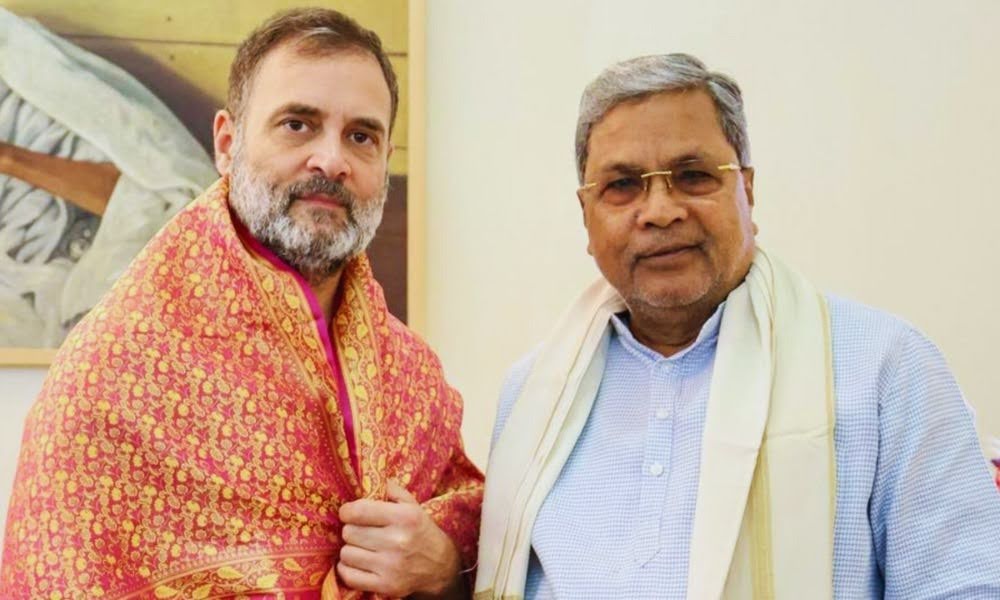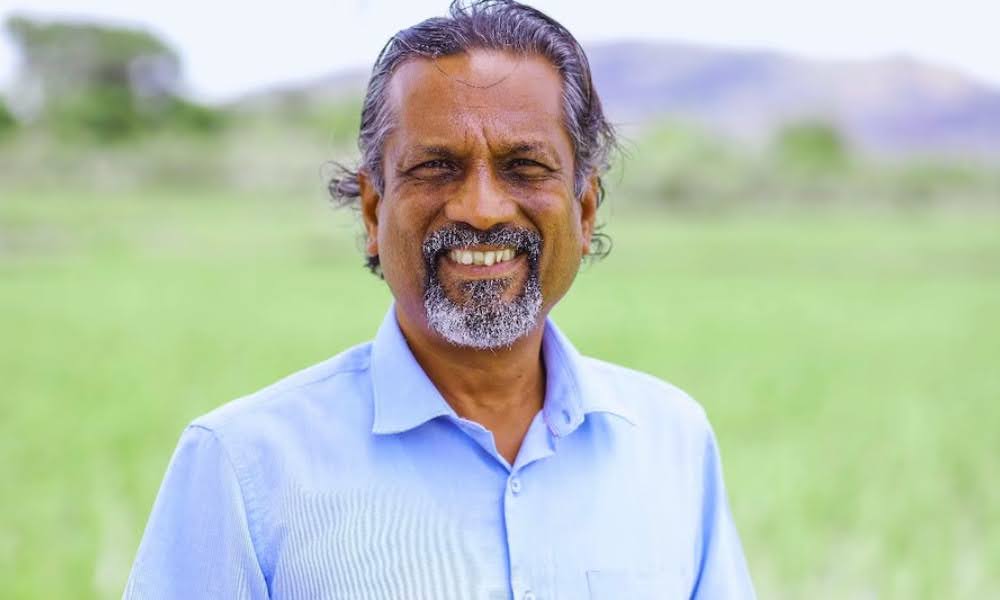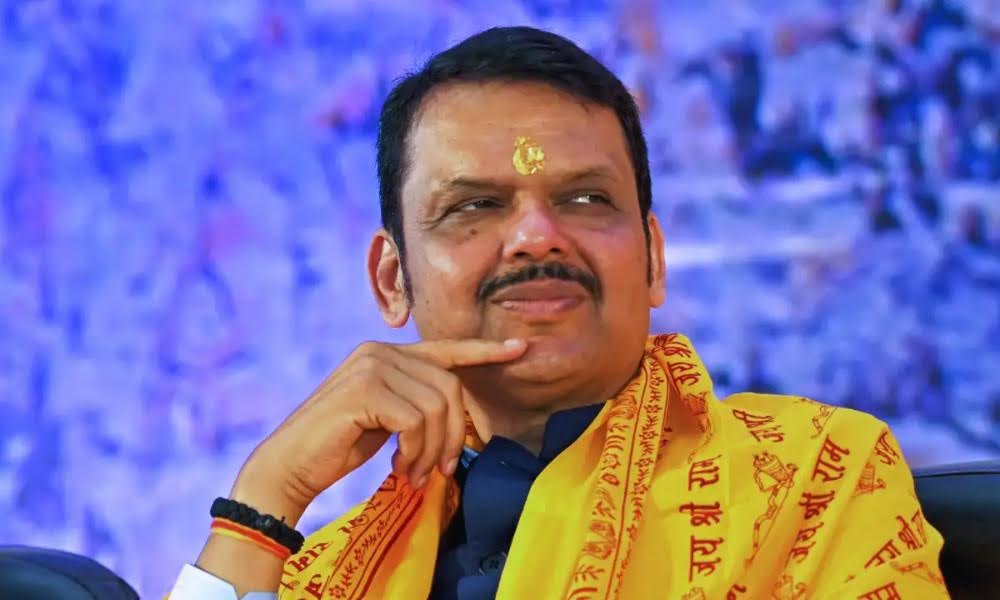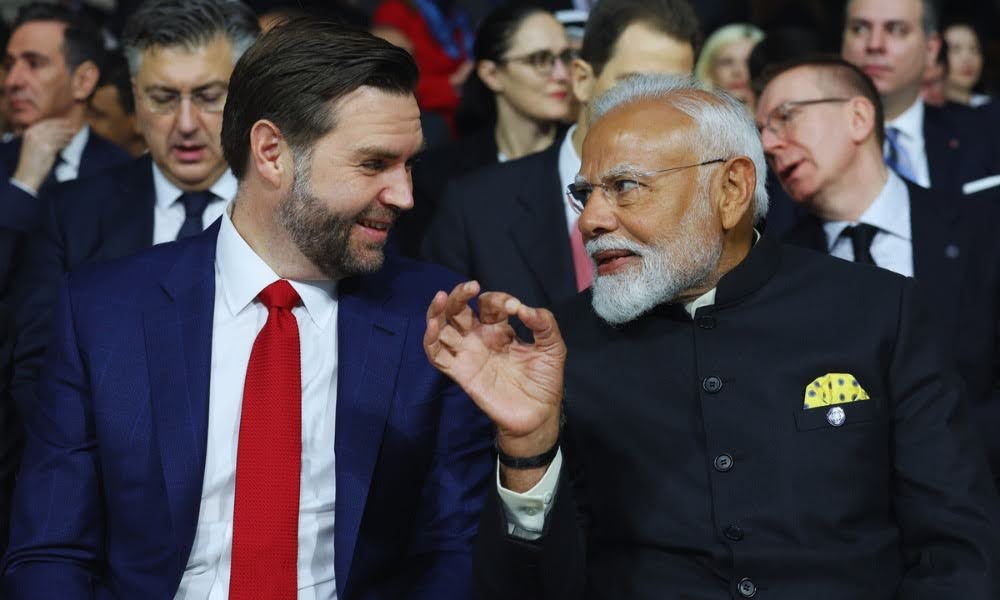India’s Women’s Reservation Bill to Take Effect After 2026 Delimitation: Tamil Nadu CM Raises Concerns
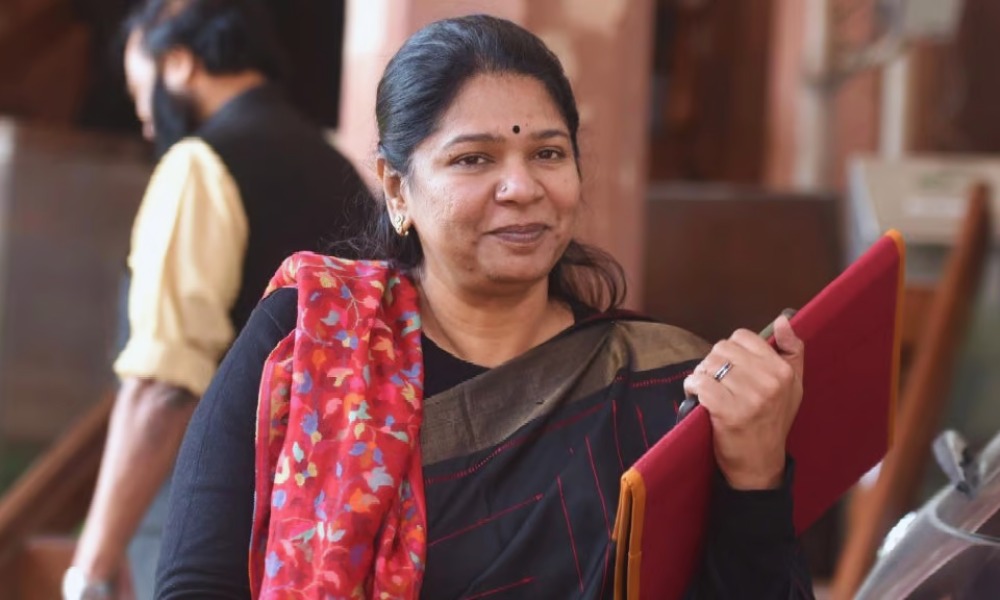
Karnataka Chief Minister Siddaramaiah has strongly opposed the proposed delimitation process, calling Union Home Minister Amit Shah’s remarks on the issue “not trustworthy.”
Siddaramaiah accused the Bharatiya Janata Party (BJP) of using delimitation as a tool to suppress the political influence of southern states.
Tamil Nadu CM MK Stalin has also voiced concerns, calling for a fair and transparent approach to ensure equitable representation.
“If the Union government genuinely wants fairness for the southern states, the home minister must clarify whether delimitation will be based on the latest population ratio or the current number of Lok Sabha seats,” Siddaramaiah said.
Amit Shah’s Assurance
Amit Shah assured that Tamil Nadu would not lose any Lok Sabha seats after delimitation.
“Prime Minister Narendra Modi made it clear in the Lok Sabha that even after delimitation, the seats of none of the states of the south will be decreased,” Shah said.
However, Siddaramaiah dismissed Shah’s remarks as an attempt to create confusion. He pointed out that if delimitation is based on the latest population ratio, it would be an injustice to southern states.
He reminded that previous delimitation exercises were conducted using the 1971 census as a base to avoid unfair disadvantages.
MK Stalin’s Concerns
Tamil Nadu CM MK Stalin has also opposed delimitation, arguing that states that have successfully managed population growth should not be penalized.
He called for a process that strengthens federalism and ensures fair representation.
“Delimitation isn’t just about Tamil Nadu – it affects all of South India. A democratic process should not penalize states that have successfully managed population growth, led in development, and contributed significantly to national progress,” Stalin said.
Stalin warned that Tamil Nadu could lose eight MPs due to delimitation and has scheduled an all-party meeting to discuss the issue.
Understanding Delimitation
Delimitation refers to the process of redrawing the boundaries of constituencies based on the latest census data.
As per Article 82 of the Constitution, the allocation of Lok Sabha seats must be revised after every Census. The aim is to ensure equal representation by adjusting constituencies according to population changes.
Until 1976, delimitation followed every Census. However, the 42nd Constitutional Amendment, enacted during the Emergency, froze the number of seats until the 2001 Census to encourage family planning in high-population states.
Although boundaries were redrawn in 2001, the number of Lok Sabha and Assembly seats remained unchanged.
Why Are Southern States Worried?
Southern states have lower population growth than their northern counterparts.
Politicians fear that if delimitation is based solely on population, northern states like Uttar Pradesh and Bihar will gain more seats, reducing the political influence of the South.
Regional parties argue that this could favor northern-based parties like the BJP.
Many leaders have also raised concerns about the ageing population in southern states. Andhra Pradesh CM N Chandrababu Naidu, a BJP ally, has previously voiced worries about the impact of an ageing demographic on political representation.
How Are Lok Sabha Seats Allocated?
The number of seats per state is determined by a base average population established by the Delimitation Commission. In 1977, an MP represented about 10.11 lakh people.
Applying the same ratio today would increase the total number of Lok Sabha seats to nearly 1,400, which is impractical.
If delimitation is based on recent Census data, Uttar Pradesh’s Lok Sabha seats could increase from 80 to 91, Bihar’s from 40 to 50, and Madhya Pradesh’s from 29 to 33.
Meanwhile, Karnataka’s seats might decrease from 28 to 26, Andhra Pradesh’s from 42 to 34, and Tamil Nadu’s from 39 to 31. Siddaramaiah called this a clear injustice, questioning Amit Shah’s claims of fairness.
Projected Lok Sabha Seat Changes
With the upcoming Census and delimitation, the total number of seats is expected to rise from 543 to 753. Projections indicate that:
- Karnataka’s seats will rise from 28 to 36
- Telangana from 17 to 20
- Andhra Pradesh from 25 to 28
- Tamil Nadu from 39 to 41
- Kerala may see a reduction from 20 to 19
On the other hand, Uttar Pradesh’s representation is projected to jump from 80 to 128, Bihar’s from 40 to 70, Madhya Pradesh’s from 29 to 47, and Maharashtra’s from 48 to 68.
Concerns from the Carnegie Endowment Report
A 2019 Carnegie Endowment for International Peace report highlighted that if delimitation is done without reducing any state’s representation, the Lok Sabha would need 846 seats—more than any democratic lower house in the world.
In such a scenario, the northern states (Uttar Pradesh, Bihar, Jharkhand, Rajasthan, Delhi, Madhya Pradesh, and Haryana) would have 378 seats, while the southern states (Andhra Pradesh, Telangana, Karnataka, Kerala, Puducherry, and Tamil Nadu) would have only 165 seats.
How Delimitation is Conducted
Delimitation is carried out per the Delimitation Act, 2002, with input from State Election Commissioners, Chief Electoral Officers, and other stakeholders. The state governments have no role in setting constituency boundaries.
The Election Commission of India (ECI) organizes public sittings to hear objections and suggestions from political parties and citizens before finalizing new constituency boundaries. The final orders are published in the Central and State Gazettes.
MK Stalin’s Call to Action
Tamil Nadu CM MK Stalin has called on the Centre to ensure that delimitation does not penalize southern states.
He warned that Tamil Nadu and his party, the DMK, would not accept any reduction in parliamentary representation based on population alone.
“Our demand is clear – don’t determine parliamentary constituencies based on population alone. Do not penalize the southern states that took responsible measures to control population growth,” Stalin said in a video message.
He emphasized that delimitation directly impacts the state’s self-respect, social justice, and welfare policies.
He urged his party cadres to resist any unjust changes, highlighting growing support from other states like Karnataka, Punjab, and Telangana.




